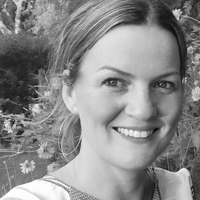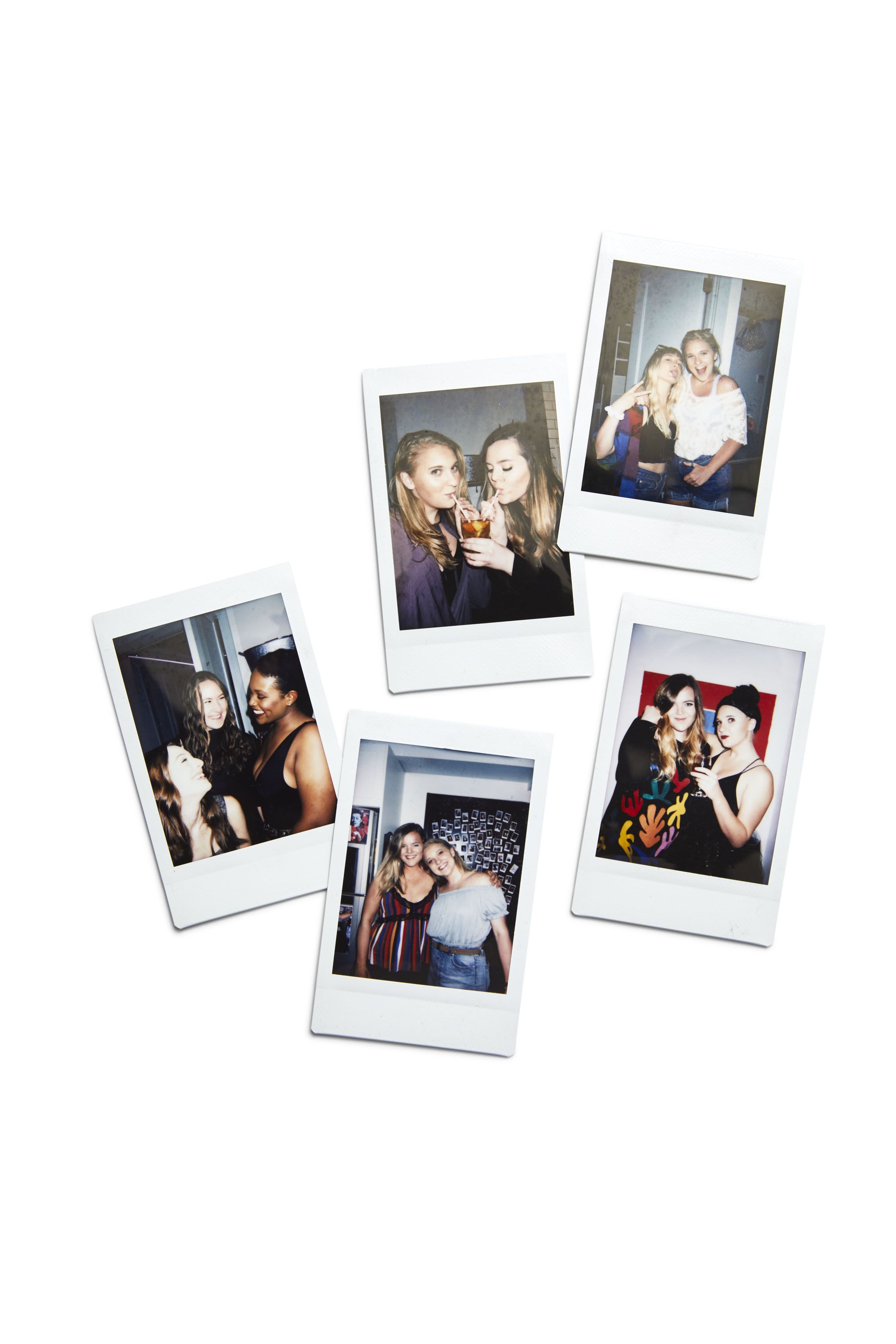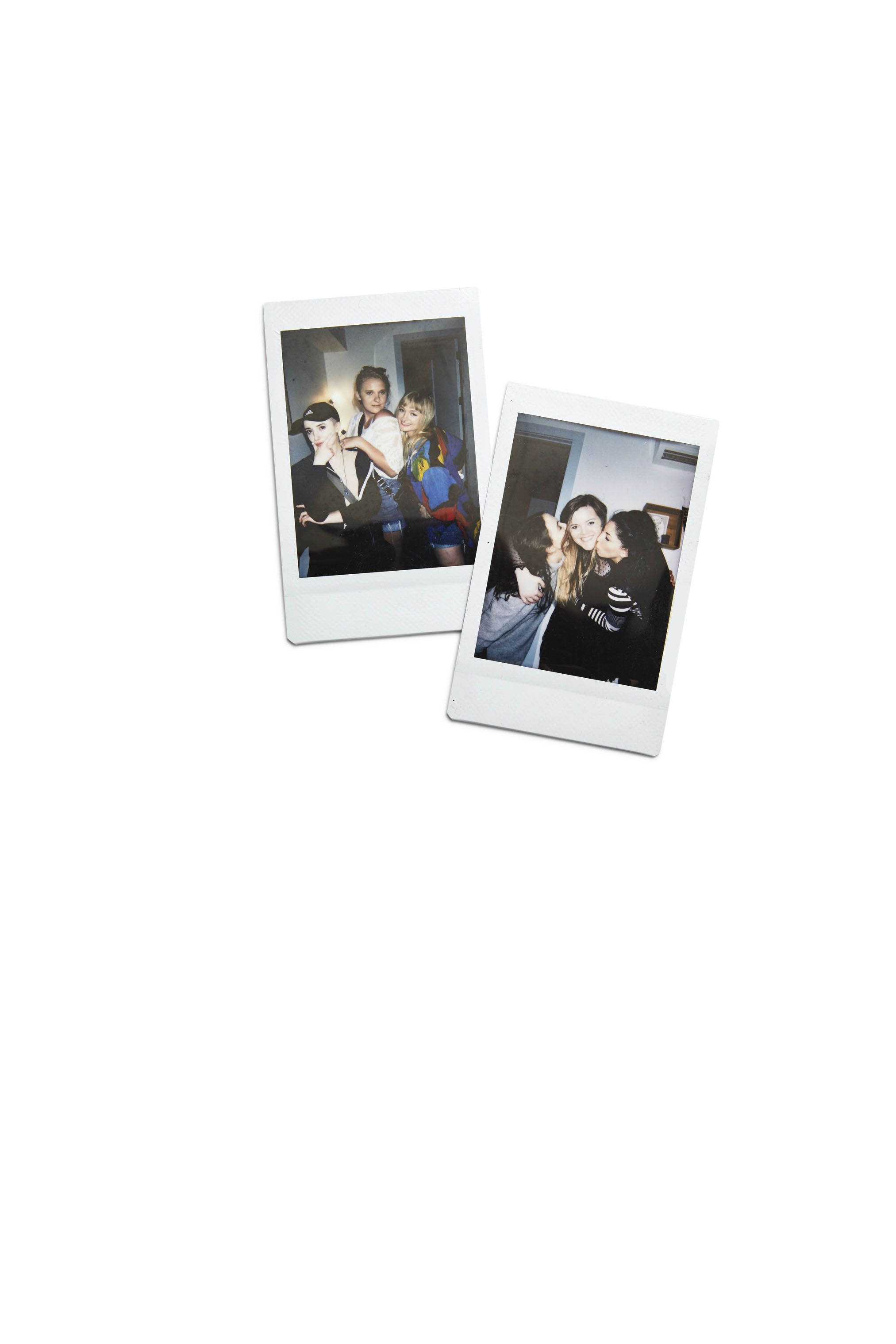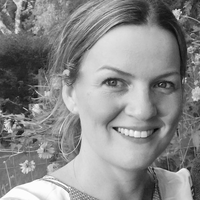Where Did All My Girlfriends Go?
Even in our hyperconnected world, true friendship remain elusive for young women looking to rebuild their college-era squads.

Magazine art designer Susanna Hayward, 24, refers to the period when she first moved to New York as “the dark times.” She’d call her parents back home in Missouri and report, “I’m shoulder to shoulder with people every day, but I am so lonely. I have no one to talk to, and everyone is on their phones. Everyone already has a life.”
“How to find friends in adulthood” is a common enough problem that it pops right up as a Google search term. But the dilemma may be most keenly felt by recent college grads, who are often relocating to new cities and starting over in every sense and are also accustomed to the easy social immediacy of college life—where it’s not “Let’s grab a drink sometime” but “Let’s go out tonight.” After you spend four years conveniently sardine-packed next to people your own age, the process of making friends in adulthood can feel excruciatingly slow, if not altogether impossible.
“When you get out of college, you’re like, ‘I just spent four years meeting people every day. I am so good at making friends,’” Maggie Dolan says with a laugh. But when the 25-year-old moved to a town just outside of Seattle last year and started her first real job, in a bank branch populated by “sweet and nice colleagues—just not on the same page,” reality struck. Holy crap, she recalls thinking. This is a little harder than I thought it was going to be.
It has become all but unimaginable to walk up to a stranger and say, you know, hello.
“It’s something that people don’t really bring up,” says Korrie Merley, 24, who moved to Minneapolis in 2016 for a job in PR. “You don’t want to say, ‘Oh, I don’t feel like I have many good friends.’ But once I’ve mentioned it, people go, ‘Oh my gosh, you’re dealing with that too?’”
This difficulty coincides with a moment in life when a wingwoman has never felt more necessary—and with a moment in the culture in which young women are increasingly certain that the support system they need is not romantic but platonic. And, crucially, female. When industrial designer Millie Parkinson moved to Brooklyn last year, “I was petrified at the thought of doing this postcollege thing by myself. I needed someone to commiserate with about how scary it was to move to a new place. I just needed to know that this existential and career anxiety wasn’t just me being creepy.”

Is this just an age-old dilemma for young people restarting in an unfamiliar place? Partially, yes. But it also feels very much of the here and now. For one thing, it could be chalked up to being one more way technology has irreparably altered how (and how often) we interact. When Claudia Williams, 23, moved to Boston last summer to take a job as a junior copywriter, she quickly picked up on a widespread “burning desire” to Netflix binge after work, as well as an epidemic of last-minute rain checks—perhaps, she posits, because when people are getting constant low-level social contact all day long via text and DM, “what’s left to discuss at the end of the day?” Seattle’s Dolan points to another reason to stay home and stream: Entry-level jobs don’t leave a lot of cocktail money lying around. “There’s so much I could do at home to keep myself entertained,” she says. “Why go out?”
Plus, it has become all but unimaginable to walk up to a stranger and say, you know, hello. “I wonder if [making friends] used to be more meet-cute: You see someone reading a book that you’d also read, and you approach them in real life,” Brooklyn’s Parkinson ponders, in the tone of someone contemplating a light jog on Jupiter. “I’m convinced people think approaching someone in real life is too intrusive, too intense, like someone has ulterior motives.”
Get exclusive access to fashion and beauty trends, hot-off-the-press celebrity news, and more.
Hayward (who works at Marie Claire) still remembers the one who got away: After she hit it off with a sales assistant at a boutique, “I almost said, ‘Can I get your number so we can meet up?’” she says. “There’s just such a stigma about asking a person out on a friend date. I thought it would be weird to be like, ‘Hey, do you want to hang out sometime?’”
Friend-making is a kind of courtship. It has an etiquette and rhythm within which lie any number of opportunities for awkwardness. Say you vibe with a girl at a dinner party, says recent NYC transplant Melissa Studach, a 23-year-old writer and social-media manager: “You don’t know if she has her established friend group and is interested in adding to it.”
“We have 500 guides for what to do if he breaks up with you or what to do if he won’t say ‘I love you’ back,” says Kayleen Schaefer, author of Text Me When You Get Home, a book about female friendship, “but zero guides for ‘I asked her to hang out but she said no, but she might really want to.’” At speaking engagements for her book, the question of how to make those friends never fails to arise. What Schaefer tells attendees is not earthshaking. “Repeated interaction,” she says simply. “That’s the only way it will grow.”
There’s just such a stigma about asking a person out on a friend date. I thought it would be weird to be like, ‘Hey, do you want to hang out sometime?’
Earlier this year, University of Kansas associate professor of communications Jeffrey Hall managed to quantify this repetition. In a joint study—one of 355 adults who had recently relocated and one of 112 freshmen students—Hall established that it takes 40 to 60 hours of interaction for an acquaintance to become a casual friend, 80 to 100 hours to move from casual friend to friend, and 200-plus hours to hit bestie status. (That doesn’t mean you’ll grow to love everyone you spend a lot of time with; years into a job, some work colleagues will always be just…colleagues.) That goes a long way toward explaining why college relationships can feel life altering after one marathon weekend and why in adulthood, when you might see a potential friend for a few hours every few weeks at best, friendships can feel so dissatisfying. Schaefer notes that it also explains why people tend to have so few friends outside of their worldview and social strata: “The people you see every day—that’s how you make friends.”
Finding the people you want to be around and coming up with a nonweird way to be around them for 80-plus hours? That takes ingenuity and openness—saying no to Netflix and yes to pretty much everything else: “drink and draw” art classes, “stitch and bitch” quilting circles, every kickball-league invitation that bounces your way. Yes to after-work drinks, yes to charity work, maybe even yes to a new job even if you already have one.
Last spring, someone from Studach’s former sorority posted on Facebook about a summer job opening at one of the gourmet snack stalls at Smorgasburg, the tourist-mobbed weekend Brooklyn food fest. On the company’s Instagram page, Studach “saw these fun people looking like they were enjoying their work, but also each other.” So every weekend last summer, she spent hours doling out balls of flash-fried cookie dough to hipsters in droves—and accomplished her goal of meeting people. Dolan also tried the weekend-job approach, picking up a Sunday shift at a local Irish pub. But two months in, she threw in the towel. “I just didn’t fit in,” she says. Eventually, she found that taking up a new hobby—that old rule from Making Friends 101—can work. In woodsy Seattle, “the minute I bring up that I like hiking, I immediately have something in common with somebody.” One hiker leads to another, et voilà: a squad.
In Boston, Williams grew tired of ogling local Instagrammers who seemed to be living her best life: sipping lattes at cute coffee shops, shopping at cute thrift stores, reading cute books. So she started DMing them. A lot of them. Of the 30 or so women she pinged (“Hey, I just moved to Boston, let me know if you want to get coffee!”), most wrote back, “Oh my God, let’s do it!” and never materialized. Then she found Maeve. In photos of Maeve’s bedroom, she spotted a fireplace, vintage velvet textures, antiques; at the very least, Williams figured, this girl was her interior-design soulmate. On their first friend date, coffee led to dinner, which led to drinks, over the course of which “I told her things that I wouldn’t tell a guy on a first date,” Williams says with a laugh.
When Parkinson ran into an acquaintance from college at a sample sale with a friend, she asked how they met. Bumble BFF, they reported. Parkinson was “a little skeptical that you could really find your friendship OTP”—Snapchat-speak for One True Pairing—on an app, but she gave it a shot. Thing is, “I swiped left so many times that Bumble told me I ran out of people to swipe.” She did reach out to a few people, but most of these repartees fizzled before they ever actually met. But two girls made it all the way to IRL—and one of these was Maggie. “A lot of what we talked about was this freaky transition into adulthood and how it’s scary to go it alone,” Parkinson says. The two women are now roommates.

Could the very idea of the OTP be the culprit here? In truth, the women interviewed for this story are not sitting home alone on Saturday night. They have people; they just don’t have their person. Once or twice a week, Hayward meets up with a group of college acquaintances who also landed in New York to grab drinks or go to an art opening. But these are “friends by association,” she says, and there’s a whiff of survivalism underlying these arrangements. “It’s mostly to avoid loneliness,” she says. “I just want to make girlfriends that I can lie around in pajamas and watch TV with, not ones to talk about work or who can only relate [because of] our college majors.”
From Sex and the City to Girls to Insecure and even 2 Dope Queens, there’s no shortage of pop-culture models for the kind of relationship these women are seeking—the kind they think they’re supposed to have. Studach is missing, she says, the Abbi to her Ilana. The Broad City girls’ bond, she says, “is so natural. I feel like they don’t even make plans to meet up somewhere; they just know the other one is going to be there and show up. They’re so in tune with each other.”
This high-visibility moment for female friendship is in some ways a story of marriage—or, rather, of not marrying. Women may be waiting longer to choose a partner, but we need a support system as much as ever, especially when moving to a new place. Almost every woman agreed that, due in part to the (shame-free) instant gratification of hookup apps, it’s much easier to find a guy these days than a true, deep friend. “I have no interest in committing myself to one man at this point. I’d much rather have it be a friend than a significant other,” Studach says. “Right now, I want to find my bridesmaids, not my husband.”
Girls grow up watching “BFF duos conquering the world together, partying till 4 a.m., meeting cute boys,” says Williams. And if you didn’t find that soul mate in high school or college, “you think, Oh, when I’m 22 and move to a new city—that’s where I’ll meet my BFF.” Problem is, this line of thinking is remarkably similar to previous generations’ certainty that their 20s would serve up Mr. Right and to their panic when that perfect person failed to appear. Does it even need to be stated that believing you must find that perfect anyone can be a trap? “Rather than motivating us to find better friends, [this pressure] often leads to settling—choosing people who are not the most uplifting or supportive,” says Kate Leaver, author of The Friendship Cure. Yes, “our 20s are peak friendship-making years,” she says, but “it’s okay if it takes the full decade to find the people who make you feel like the best version of yourself.”
“Be patient:” Was there ever a harder piece of advice to follow? For Hayward, it was a weekend gig at DO, a cookie-dough shop, that ultimately saved her from going off the deep end. “It ended up being one of the best things I’ve ever done in New York,” she says. Before the company became the Instagram hot spot it is today, she’d spend a slow Saturday talking with coworker Caroline, a fellow New York newbie, freshly arrived from North Carolina. Hayward remembers the moment she felt the first spark: After telling her about the trailer for an obscure, artsy movie, Caroline said, “I would be so interested in seeing that.” Nervously, Hayward managed to squeak out, “Would you like to go see it after work?” Caroline said yes, numbers were exchanged, and the rest is history. Now they joke about that day. “Remember when I asked you out for a friend date?” Are they OTPs? Maybe. One thing’s for sure: Hayward is keeping the side gig.
This story originally appeared in the Holiday 2018 issue of Marie Claire.
Related Story

Maggie Bullock is a writer and editor. She was the deputy editor of ELLE from 2010 to 2018.
